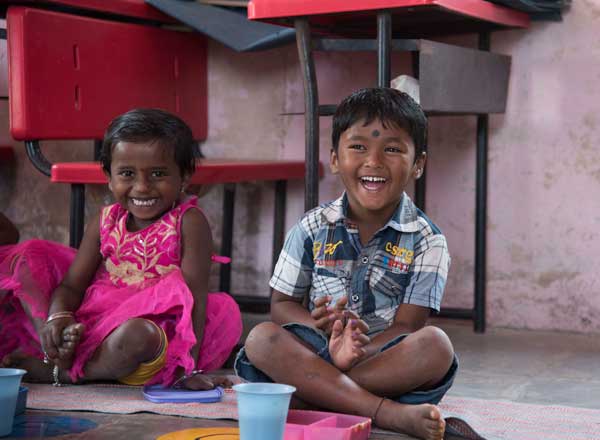Project Description

Community Health
PRASAD Chikitsa’s Community Health Programs are effective because they are comprehensive and far-reaching. Our community medical programs meet people’s immediate health needs such as illnesses and injuries, while the preventive initiatives are achieving long-term, sustainable improvements in the welfare of individuals and communities.
PRASAD Chikitsa’s approach to Community Health Care is holistic; we respond to people’s physical and mental health concerns and to the social and environmental conditions that contribute to those concerns.
PRASAD’s Family Health Center is home to many of those initiatives, including the Reproductive and Child Health Program, Aarogyavardini Program and the School Health and Nutrition programs.
Reproductive and Child Health
The Reproductive and Child Health Program educates pregnant women about the importance of regular prenatal care to monitor and manage any complications as well as to teach mothers about childcare, nutrition, hygiene and other topics to help ensure healthy pregnancies and safe deliveries.
Activities of the Reproductive and Child Health Center include:
- Training staff in prenatal, natal, neonatal and postnatal care
- Setting up transportation links between remote villages and the nearest medical facilities
- Maintaining a referral system to nearby obstetrics facilities, primary health centers and hospitals
Among the program’s achievements has been a significant increase in the number of infants whose birth weight exceeds the Indian national average birth weight of 2.7 kg (just under six pounds.)
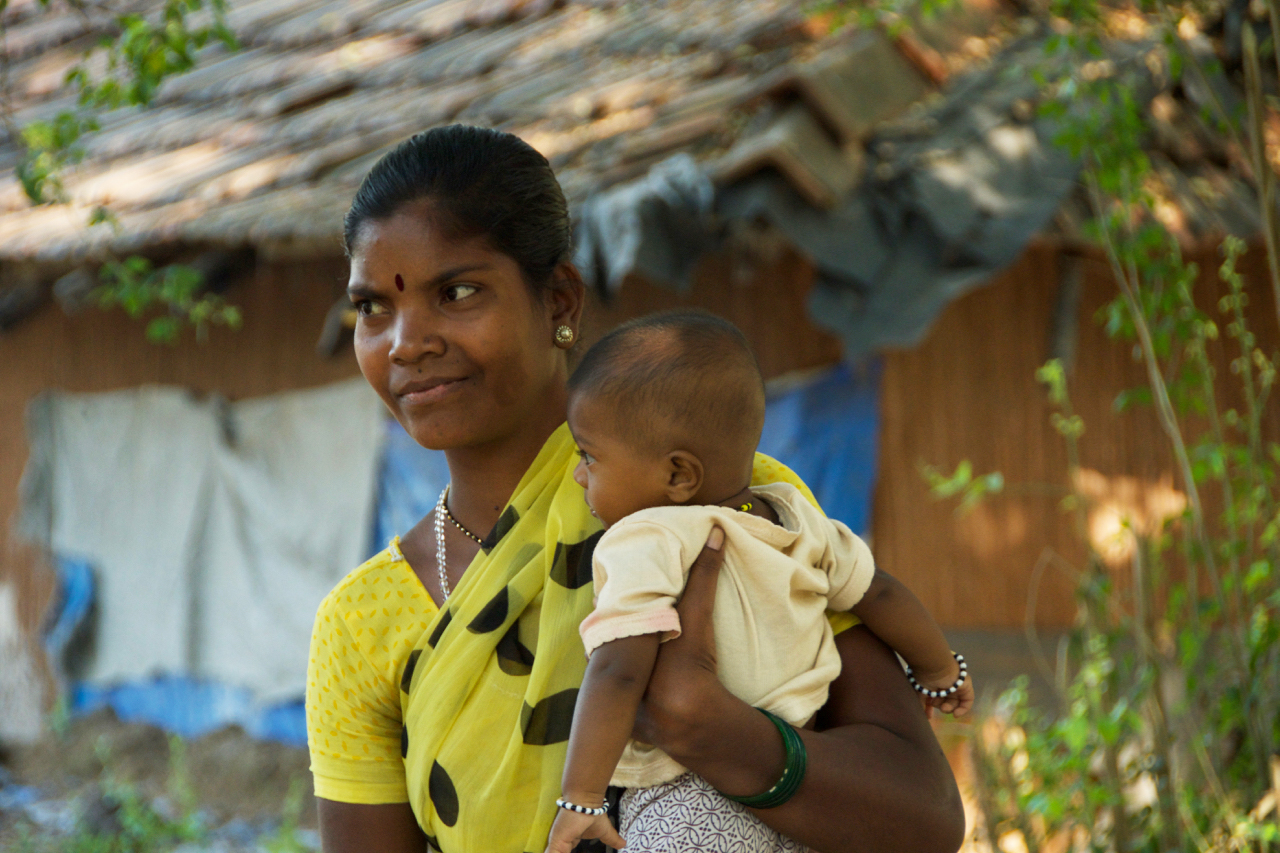
School Health
Many factors contribute to children not receiving medical care such as poverty, lack of knowledge and unavailable transportation. Without regular care, minor health concerns can be missed and potentially escalate into more serious problems. PRASAD Chikitsa offers health camps at schools in the villages to assess the children’s health with a physical examination, a dental checkup, vision screening and distribution of medicine and vitamins. PRASAD Chikitsa believes that healthy children grow up to be healthy adults, and so PRASAD emphasizes health education and prevention just as much as treatment.
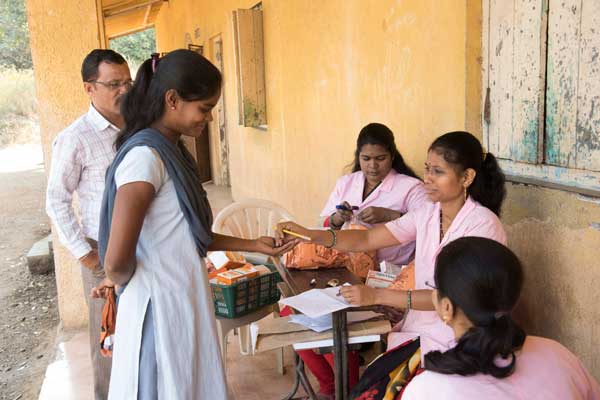
Sanitation
In 2014, PRASAD Chikitsa launched a sanitation program in collaboration with government support to combat open defecation. This highly successful initiative empowers villagers, working hand-in-hand with PRASAD, to construct their own toilets, providing a significant improvement in hygiene practices. The program, a source of pride and dignity, particularly benefits women who previously had to navigate darkness to access facilities.
In 2020, a milestone was achieved with the construction of the first school toilet block, catering to the needs of both students and faculty. Each block, serving anywhere from 50 to 200 individuals, represents a crucial upgrade from previously dilapidated facilities, contributing to a healthier and more dignified environment for educational institutions.
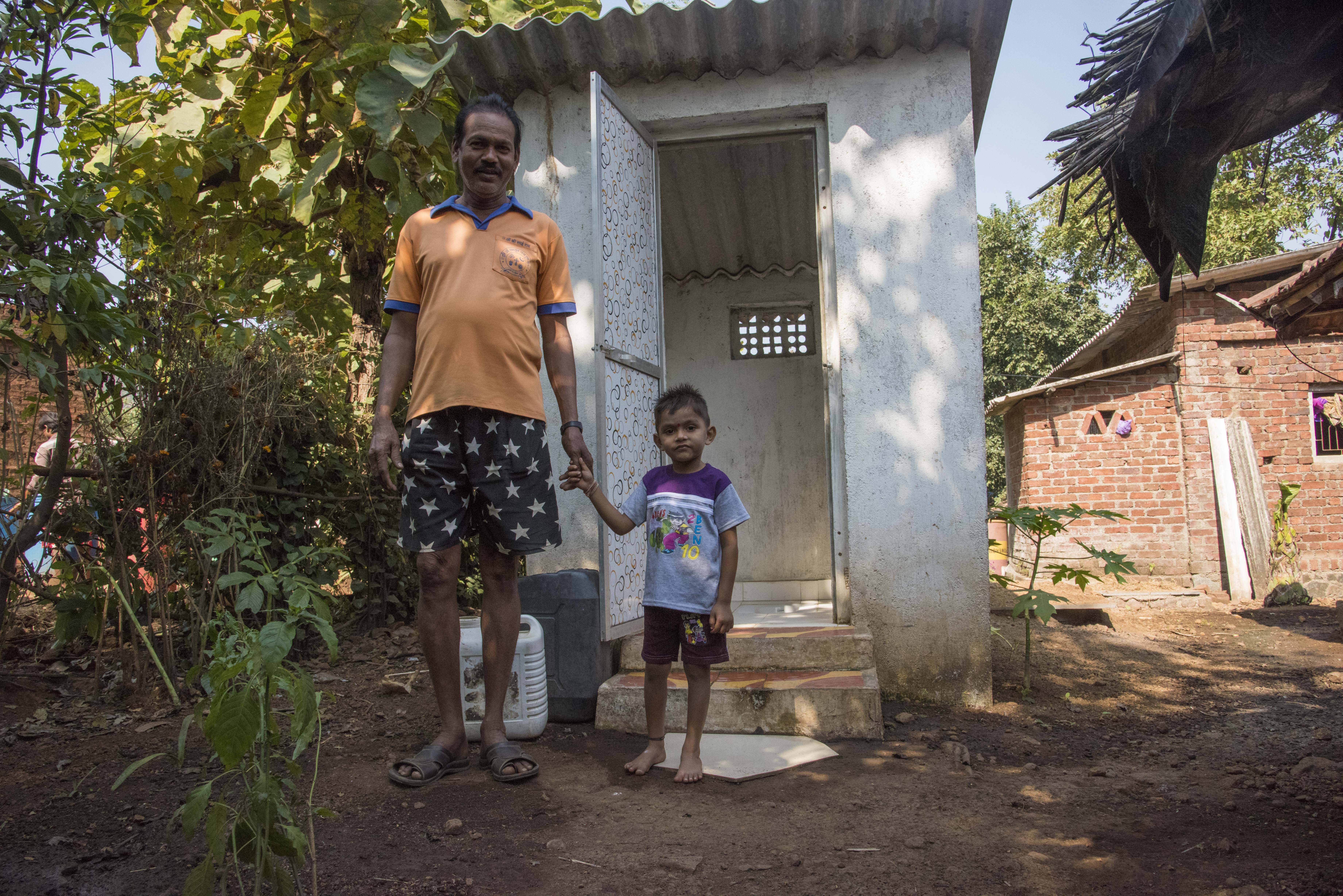
Water
PRASAD’s water initiative focuses on providing clean water to communities in villages and also works with households to manage their waste water, in order to prevent contamination of groundwater. Prasad works on a wide variety of solutions:
1. Clean Drinking Water
PRASAD Chikitsa offers Candle Water Filters, an affordable household water treatment technology ensuring access to clean drinking water. These low-maintenance filters effectively eliminate pathogens, iron, arsenic, and various contaminants present in water from handpumps, borewells, streams, and open sources. Built for families of 5 or 6, they use locally sourced materials, promoting sustainability and self-sufficiency. So far, we have distributed 2410 filters.
2. Community Wells
Women on average, travel ten kilometers daily to fetch water for their homes. Community wells, reliable water sources collecting rainwater during the monsoon, cater to essential needs like cooking, cleaning, drinking, and sanitation. PRASAD actively supports this by building new wells and revitalizing existing ones, improving accessibility in remote areas. So far, we have built and refurbished 16 wells.
3. Wastewater Management
Gross domestic usage of water is 25 – 30 litres of water per person per day. As a result of lack of drainage systems in rural areas, water stands still outside the house and becomes a breeding ground for mosquitoes and insects, havens for waterborne diseases. PC’s wastewater management system is a budget-friendly solution directing household wastewater into the ground. It connects the house to a percolation soak pit system, which filters the chemicals and allow filtered water to recharge the soil. Launched in 2017, the program has built 838 soakpits, observing a substantial reduction in waterborne diseases thanks to robust drainage management.
4. Farm Well
To support agriculture in remote areas, PRASAD Chikitsa developed a unique well system. These concrete wells on farmland keep crops thriving year-round by storing rainwater for irrigation during dry months. They’re designed to efficiently manage excess water, ensuring sustainable farming practices. We have already built 47 farm wells for farmers.
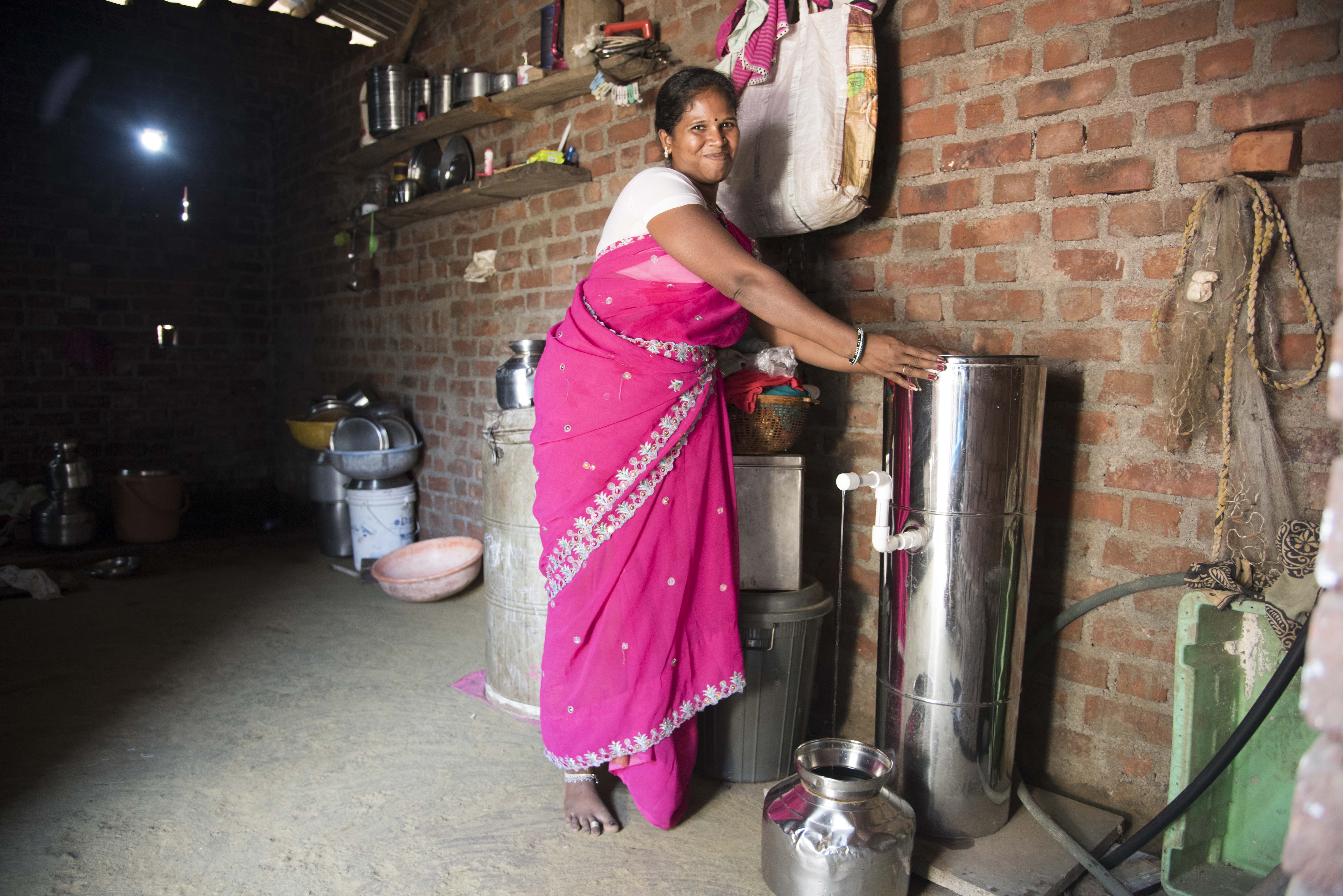
Nutrition
One of the most important children’s health issues addressed by PRASAD is nutrition. In India, more than 60 million preschool children have developmental deficiencies resulting from malnutrition. According to UNICEF, one third of the world’s malnourished children live in India. Lack of nutrition impedes children’s growth, and makes them susceptible to disease — about 50 percent of all childhood deaths have been attributed to malnutrition.
In 2014, the long-standing Milk Project evolved to form the Nutrition Program. The frequency of deliveries increased to six days a week and nutritional supplements and snacks have been added. The Nutrition Program serves children up to 6 years of age at 40 aanganwadis (schools) in the Tansa Valley and provides over 1000 servings of milk and nutritional snacks each day. The program has been successful in reducing malnutrition and raising the immunity levels of children, as well as pregnant and nursing mothers in the area.
